Tawiah Tests Her Limits
Tawiah talks going back to the basics, visiting her motherland and her favorite gear.
This article originally appears in the 17th issue of She Shreds Magazine. Available for purchase online.
Like many young hopefuls in the music industry, Beverley Akua Mansa Tawiah (who goes by Tawiah) found herself at the mercy of the pop machine at the beginning of her career. In 2007, following the self-release of her first EP, In Jodi’s Bedroom, Tawiah toured the world with acts like Mark Ronson and was signed to Warner Brothers. It was a life that seemed perfect, until creative differences proved irreconcilable and she and Warner Brothers parted ways. Tawiah soon found herself without a band, label, or any of the structures she’d grown used to.
Away from the spotlight and free from the pressures of the industry, Tawiah learned to connect with the guitar. She released 2017’s Recreate EP on her independent label Lima Limo Records, followed by a transformative trip to her familial home in Ghana that inspired her writing. Now ready to release her debut full-length album, Starts Again, Tawiah remains independent and determined to find the right label for her music. The debut is a stripped down, dreamy collection of neo-soul influenced songs woven with interludes of joy and laughter recorded in Ghana. Ahead of its release, we spoke to Tawiah about her time at the performing arts college BRIT School, how her great grandmother’s favorite hymn played a part in her album, and learning to work within limitations.

She Shreds: Let’s start with your childhood. You grew up in Battersea, right?
Tawiah: I grew up in Battersea, South West London. In my childhood, I always had music in my life. My Uncle Jeddy, my mum’s little brother, introduced me to a lot of soul music and hip hop. My mum is strict Pentecostal, so we listened to gospel in the house. When my uncle used to babysit was when I got my soul fix, and my big brother got his hip hop fix, and we’d listen to secular music.
You grew up singing in church. Do you think that influences your music?
My earliest memory is in primary school. I remember writing a Christmas carol and the school choir singing it. My music teacher was like, “Yes, the choir is going to learn this song.” That was the very first song I wrote. From there, I continued writing for fun, and when I got to the BRIT School, I met my musical collaborators, Blue May and Jodi Milliner. That’s when I really started getting into songwriting. I was 14.

You started at the BRIT School with contemporaries like Kate Nash and Amy Winehouse. What were your main takeaways from your time there?
I had an amazing time. I had my first-ever experience of life on the road when they picked a few students to promote the BRIT Awards album. We went on the road and performed in big shopping centers on little stages, and we sang covers from the album. That was in a proper splitter van; [we] stayed in a hotel. I think we did three nights, but little did I know that was going to prepare me for the next 10 years of life on the road.
You started out collaborating with other musicians when you were on a major label. How different is life for you now that you are creating on your own?
When I started with Blue and Jodi, they would do the music and I would do the lyrics and topline. Then I went through a period of my life where, after my first record deal and management went to shit, I was on my own. I didn’t have a band, management, a label, or anyone. I just brought it back to me. I picked up the guitar, started playing, and brought it back to basics. I didn’t used to play guitar. It was funny when She Shredscontacted me, I was like, “Oh my god, yeah, I guess I do play the guitar now.”
It was out of the limitations of not having a band anymore and reconnecting with music on my own terms and being like, ”What do I want to say? It’s me, myself, and this guitar; where are we going?” I’ve grown in that limitation. I would have never called myself a guitarist. It’s mad because I started doing solo shows [when] I wanted to reconnect and still sing. I was doing really little gigs with 30 people there, playing the guitar really badly but with all the conviction in the world. I just carried on, and now when I play shows, I have guitarists I really respect going, “Yeah, your guitar playing is wicked.” So that feels really good to me.
What kind of guitar do you play now?
I used to sing in a praise and worship team. They had a red Fender Strat and I still have it to this day. I’m definitely on the lookout for buying my first guitar, so send me good vibes. I [just] found a 1973 Fender Mustang, and it looks incredible.

Starts Again sounds more stripped back than your previous releases. Was that intentional or is it just how you’ve changed as an artist?
I think it has to do with how I’ve changed as an artist and how this record was made. It’s been a proper labor of love, out of my own pocket. These things take time to get done. Sam Beste [who co-produced Starts Again] and I mixed it ourselves. It’s a raw record, but I love that about it. We did add a lot of additional production in the beginning, but it lost a bit of the essence of the intentional live energy. We stripped a lot of it back for that reason.

How would you say you’ve changed over the decade that you’ve been in the music industry?
I want to have fun, because before I wasn’t necessarily enjoying the direction the label or my management was taking me in. I didn’t feel like I had a voice. It was weird. It was like, “You’ve signed me because you loved my vibe but now you’re trying to change everything about me.” So it was an upward battle. Whereas now I’ve created this record and I’ve got a team of amazing people around me. I started an independent label [Lima Limo Records]—that’s how I put my [2017 Recreate] EP out—with a group of musicians that love each other and encourage each other.

I read that a family trip to Ghana was a huge catalyst for the record. What did you experience while you were out there?
I went to Ghana to celebrate my great grandmother being 100 years old. There’s a track called “Mother’s Prayer” on the album. When I was out there, I got my Dictaphone [voice recorder] and we had a whole conversation. I asked her what her favorite song ever was and it was a hymn, obviously. She sang it for me and when I got back it was in the same key as “Mother’s Prayer.” It’s the intro to that song. It’s one of those magic moments.
All the interludes on the album are from my trip to Ghana. At the beginning, I’m having a conversation with my papa; we’re listening to a highlife record and I’m asking him what the meaning of it is. He was like, “Many people have prospered, but your time will come. God’s time is the best time.” It was quite profound for me at that time because I was going through a dark period, and I was like, “What’s happening with my music?”
It was an amazing trip for me. I learned a lot about my great grandmother’s history and about my family. After that trip, I went back home, phoned Sam and was like, “Look, let’s do it. I want to record these songs.”

I enjoy the interludes on the record as they showcase other parts of black British culture. Do you feel you now have the freedom to show different sides of yourself, like your heritage?
Yes. It feels like there’s been a big shift in black British people really discovering their roots and where they come from and taking more trips to the motherland. I went on Instagram today and it feels like everyone’s in Ghana.
When I used to go back, I used to be “other.” Not quite Ghanaian, because we’re from Abrotsri [England], which is what they would say. And then being in the U.K., you’re not quite British because you’re black. But now I feel like there’s a lot of talk around that and having that identity—black British African—and living with it, having peace with it, and celebrating that.

When you were recording the album, were there any guitars or pedals you used that you really liked?
I only use two pedals: a Boss RC-20XL Loop Station and a Boss DD-20 Giga Delay. Sam just bought me a JHS distortion pedal for my birthday, which is very lovely. I do feel like my setup is about to grow. I’m really finding my feet with the guitar. I’m always like, “Ooh, what pedal’s that?” when I play with other guitarists. I’m excited about getting into the world of pedals and growing.
I want to touch on the song “Queens” from the RecreateEP, which focuses on how society overlooks black female beauty. What led you to write this song?
It was an important thing. It was a conversation I was having with a lot of my friends, and I wanted to write something that would empower us. When I was growing up I had dark-skinned friends who would say, “I wish I was lighter.” You grow up and think it doesn’t still exist, but colorism is still real, even within our own community. I wanted to say, “You are who you are and you are beautiful, whatever your complexion.”
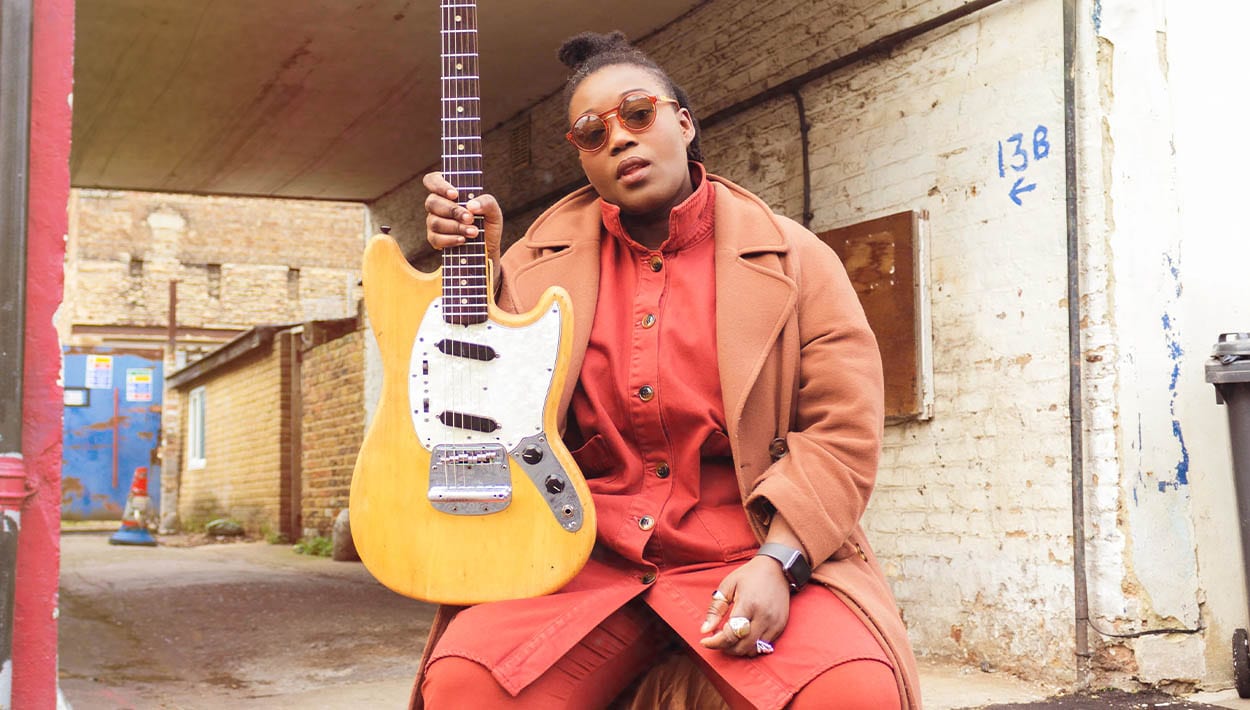

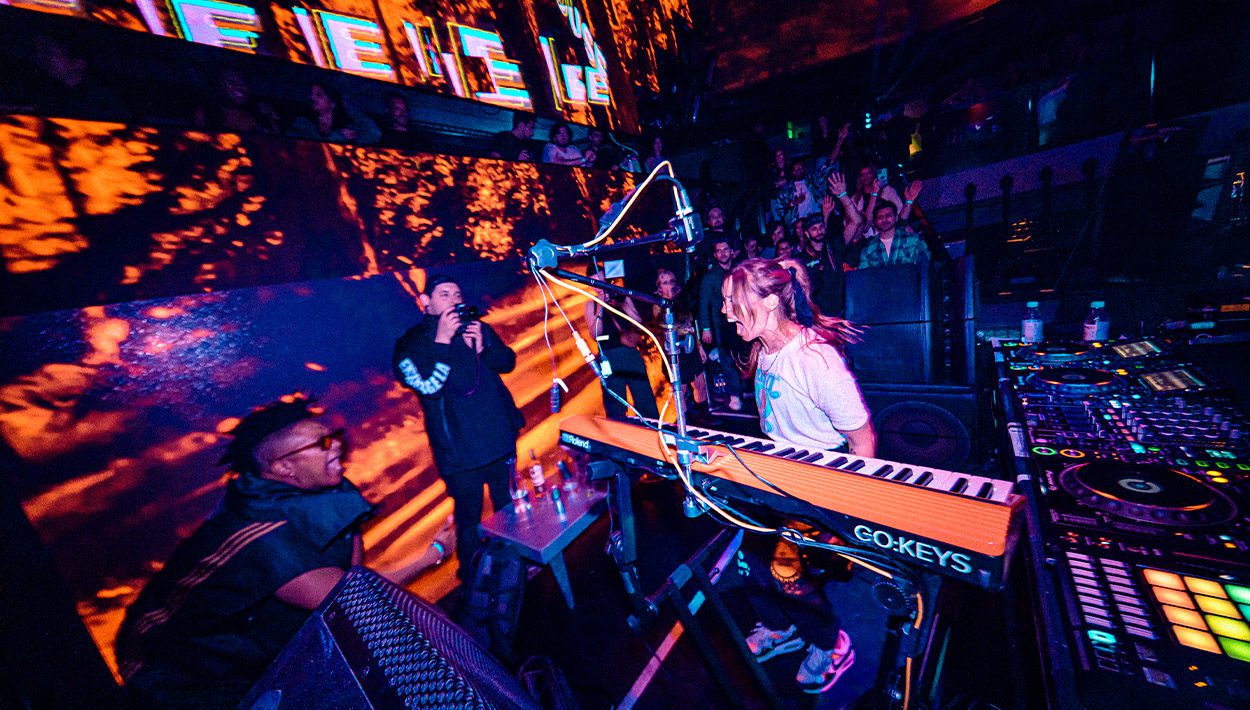
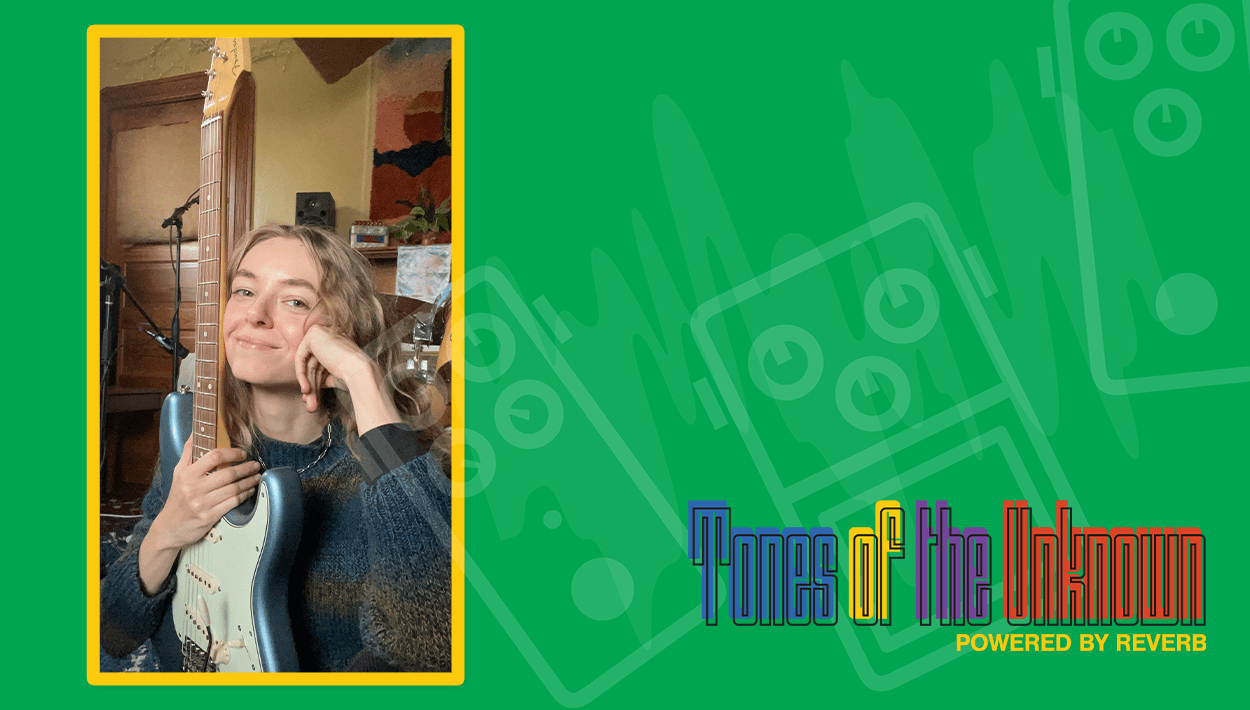
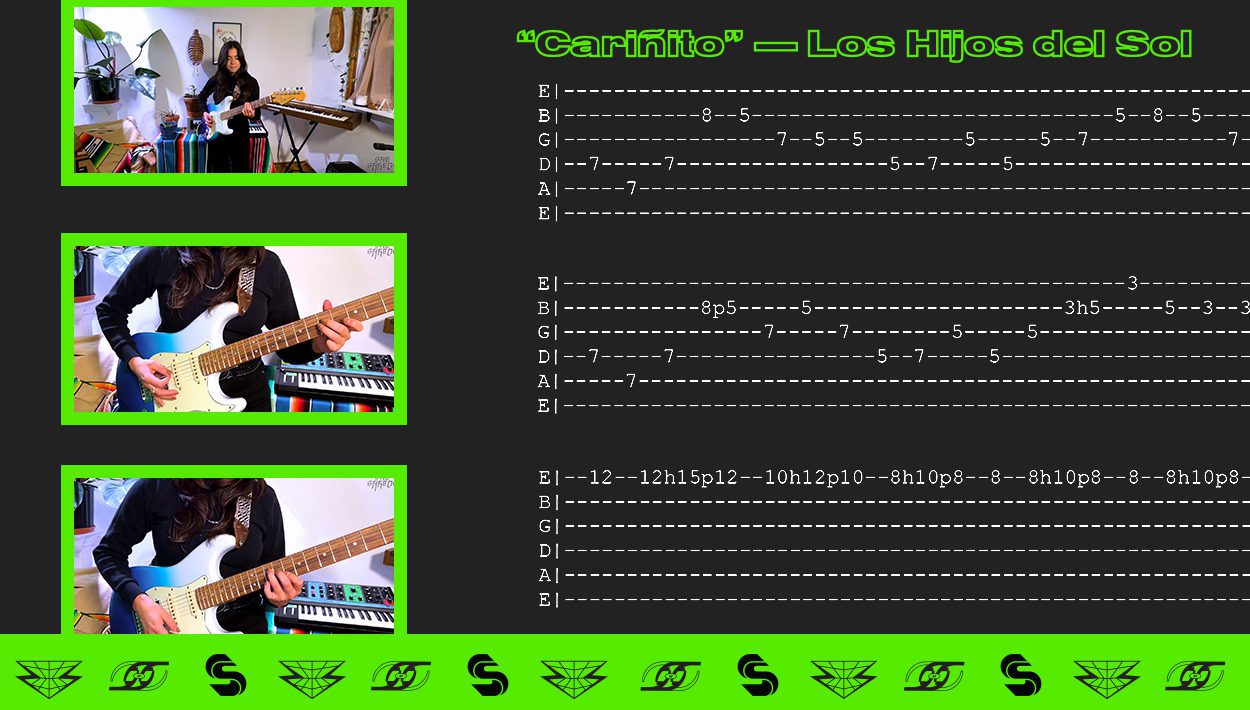
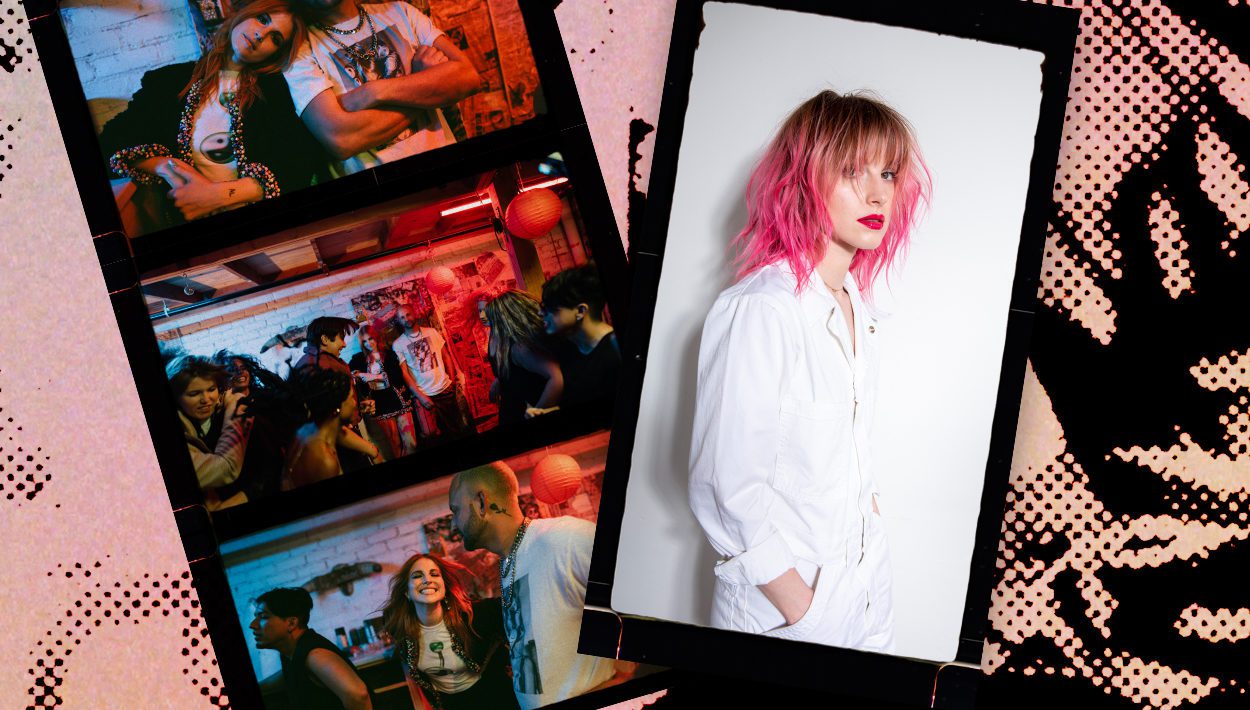
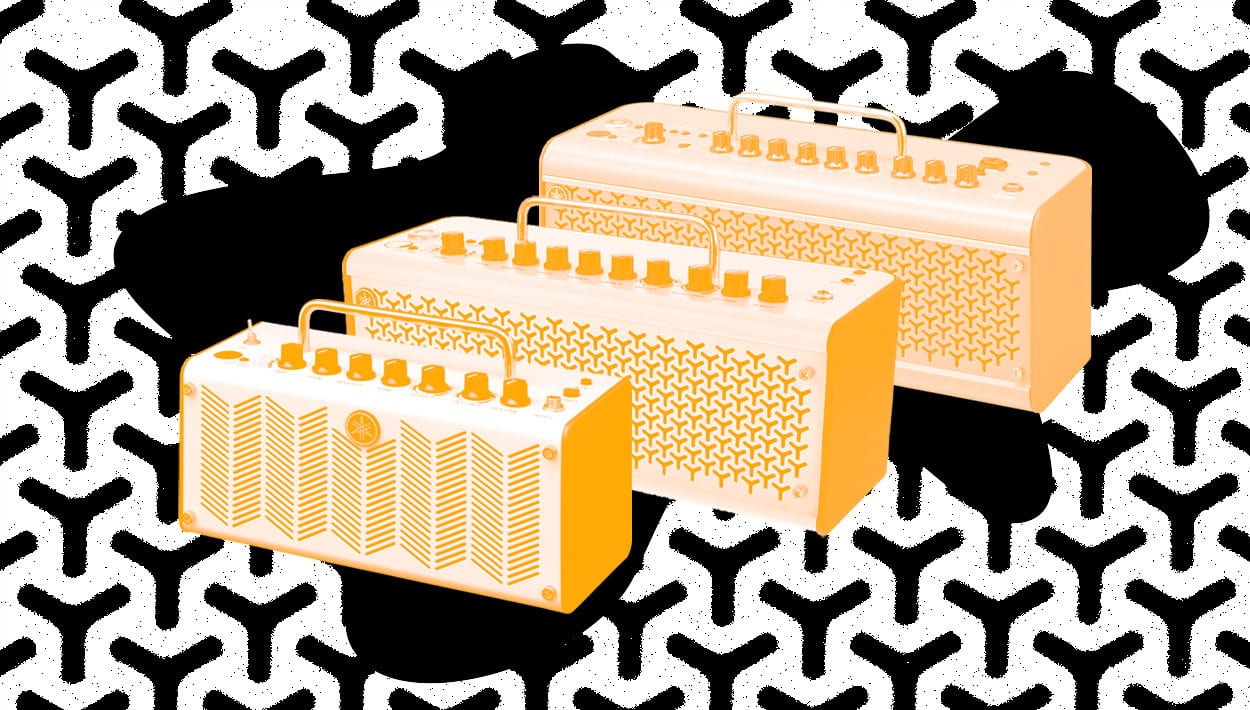
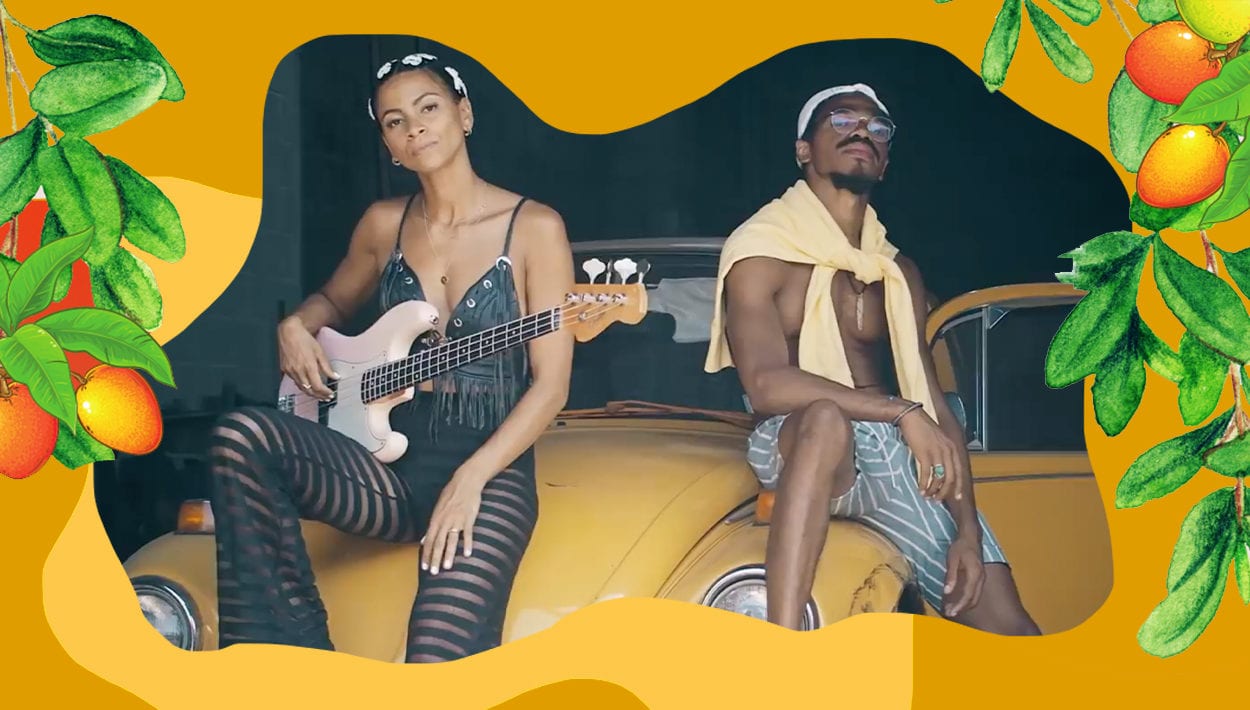
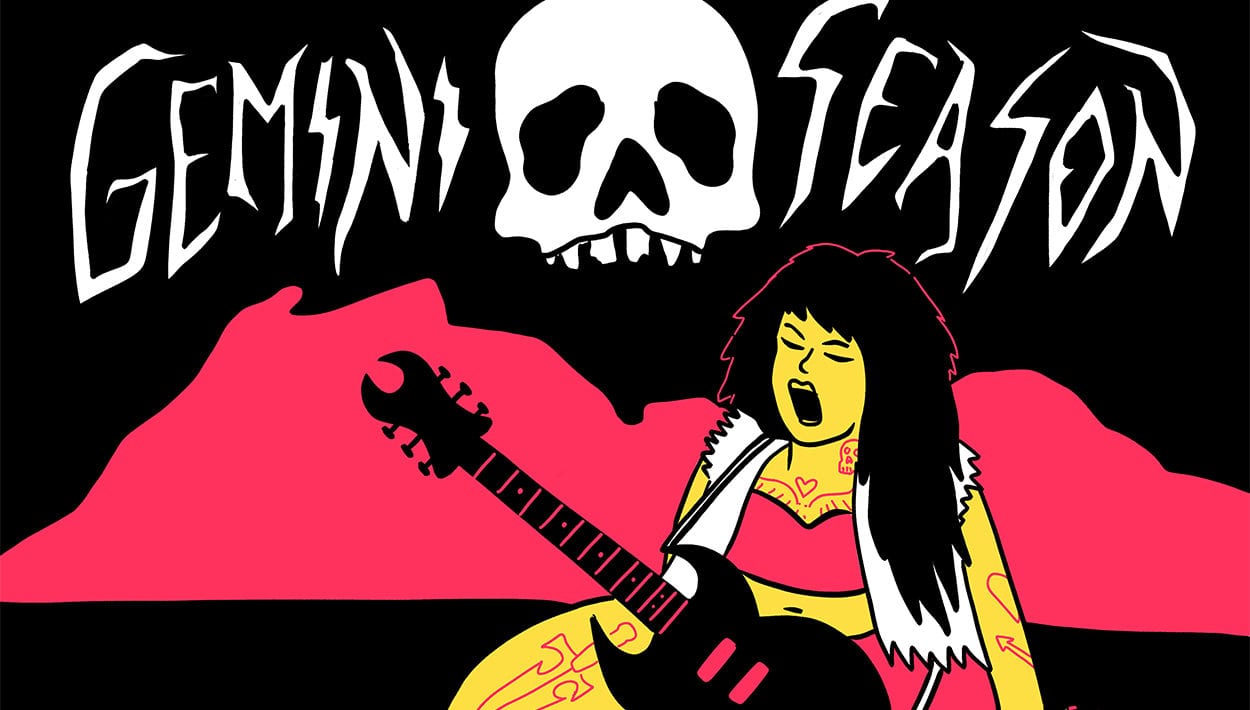
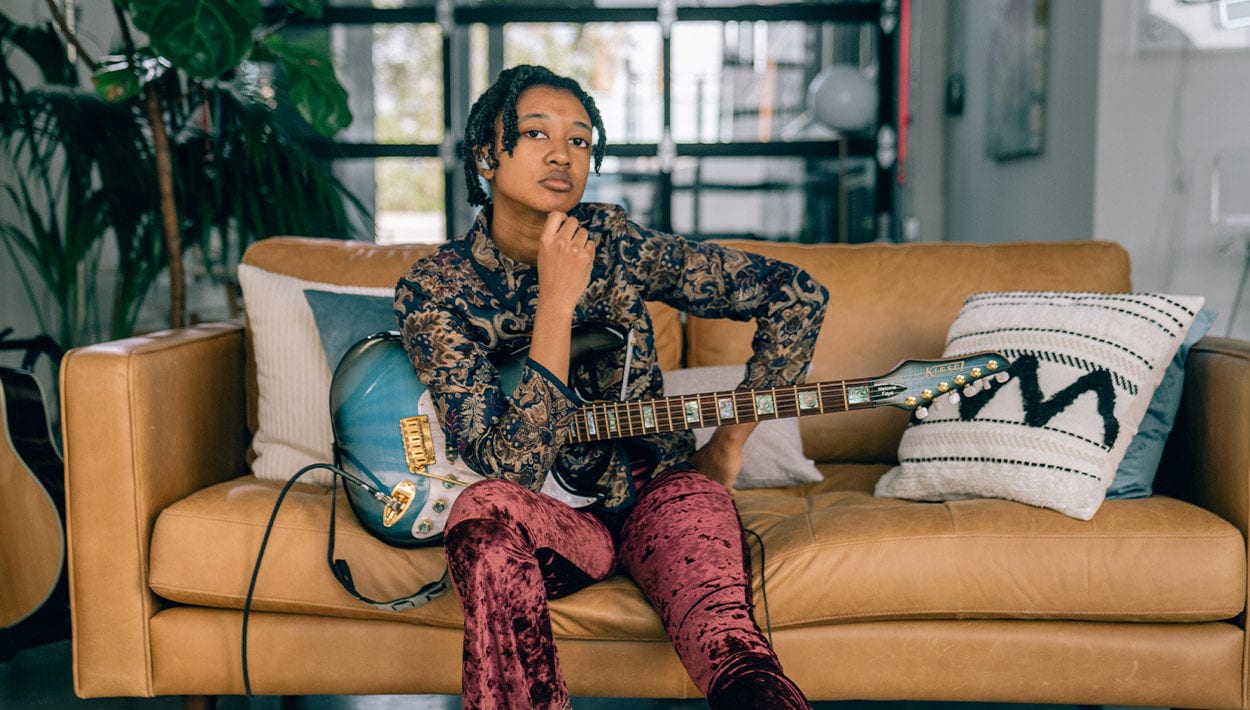
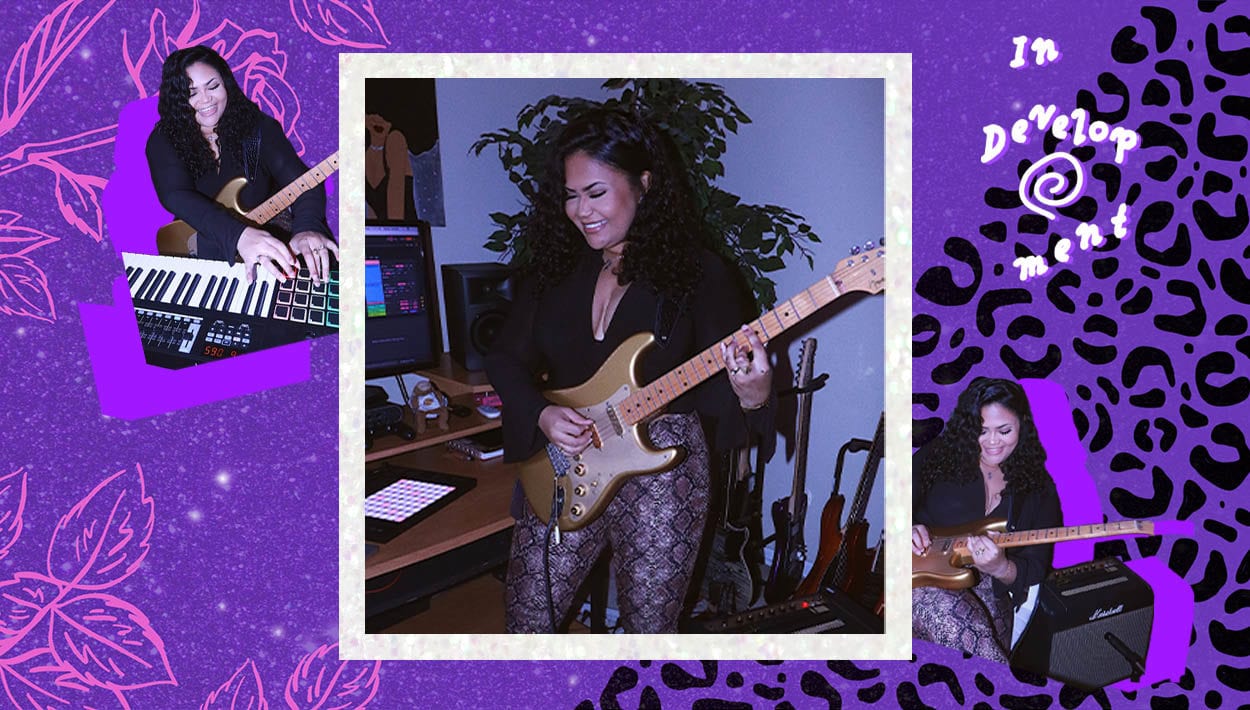
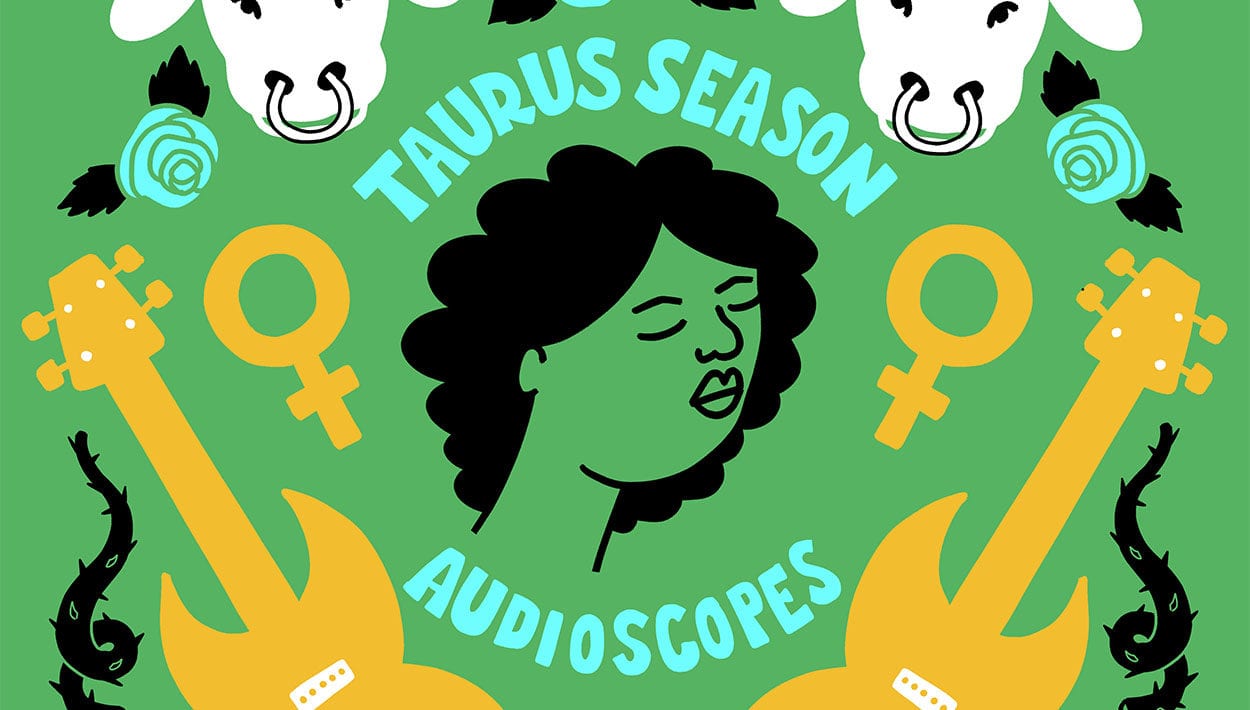


Comments
No comments yet